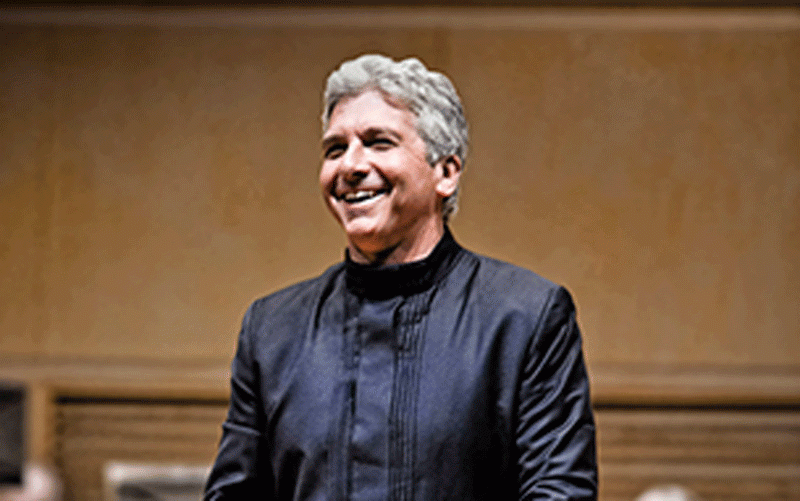
School of sport with TIM MIDDLETON
WINSTON Churchill may well be remembered as an extraordinarily brilliant even if abrupt leader, most notably by ultimately overcoming the might of Hitler’s German army during the Second World War, but he was also known to many as a man of great wit. He once described how a lady came up to him and said, “Sir! You are drunk,” to which he is reported to have replied along the lines of, “Yes, I am drunk, madam. And you are ugly. But tomorrow I will be sober.” On another occasion, an opponent of his, Lady Astor, declared one day in complete frustration, “Winston, if I were your wife I’d put poison in your coffee.” Winston Churchill was undeterred and gave an immediate response: “Nancy, if I were your husband I’d drink it.”
Plenty of others have tried to emulate the great man with regard to comeback lines by using put-down lines. One person (perhaps a teacher) said, “Someday you’ll go far — and I really hope you stay there.” Another person is reported to have questioned another person’s intelligence by saying, “Please just tell me you don’t plan to home-school your kids.” Then another man has issued his put-down comment by advising, “Sometimes it’s better to keep your mouth shut and give the impression that you’re stupid than open it and remove all doubt.” The comeback line is clearly an art form!
The comeback line in sport may also be seen as an art form, though it requires a lot more physical effort. In terms of sporting comebacks, we have seen a number of extraordinary comebacks in recent weeks. The recent victory by Tiger Woods in the US Masters has had commentators declaring it to be the greatest comeback of all time, following serious injuries and personal dramas that saw him fall down the world rankings. The comeback by the Scotland rugby team against England in March would take some beating: down by 0-31 points after thirty minutes, they came back to lead 38-31, only to be pegged back to 38-38 in the final move of the match. It probably can be beaten by the comeback made by Britain’s Tara Moore in a first round tennis match at an ITF World Tour event in Sunderland when she was 0-6, 0-5 down and facing match point against her on 30-40 — one point away from losing by the biggest margin possible. Amazingly she did come back, to win 0-6, 7-6, 6-3. Then there was the incredible comeback in the sailing world, when the Oracle Team USA defended the America’s Cup in 2013; they were losing 1-8, before winning eight consecutive races to be victorious by a score of 9 to 8. Manchester United fans will remember fondly their greatest comeback thirty years ago when they scored twice in injury time to win the Champions League.
Clever, witty remarks can certainly be very effective as a comeback, but the best form of comeback is literally when we do come back, when we do not give up, we do not stop trying, we do not accept it is over. Of course, as one wit put it, “It’s hard to make a comeback when you haven’t been anywhere” but it is harder to make a comeback when we have been somewhere; we have to admit we have failed, in a humbling way (as opposed to a humiliating way such as Churchill’s above). It is how we face set-backs, defeats, injuries, reversals, disasters, disappointments, that determine who we are and how we will be remembered. The comeback is vital if our children are to do well in life and they can learn that skill by playing sport at school.
We want our children to go far — and not just stay there! The best comeback line we can give to anyone who may mock, taunt, abuse, fight, insult, sledge or challenge us is to come back even stronger and harder and better. It is not over until it is over. We need to instil in our youngsters what has been described as “Bounce-back-ability”! The greatest comeback is to come back. Come back; all is forgiven! And as it is forgiven, so the comeback is for giving; the best comeback is to give back. That is what sport can teach our youngsters so powerfully, personally and potentially.
Comebacks are stirring, moving, inspiring, exciting and enthralling; the greatest comeback of all time though perhaps is that which we remember at Easter when Christ literally came back from the dead. Just when everyone thought that it had all gone horribly wrong, after so much hype and hope, He came back, alive, empowered, victorious. It also means we can follow suit; we also can make a comeback, not just with words, but more importantly with actions, even in injury time. Just ask any of the folk and teams above.
Tim Middleton is a former international hockey player and headmaster, currently serving as the executive director of the Association of Trust Schools. Email: [email protected]











